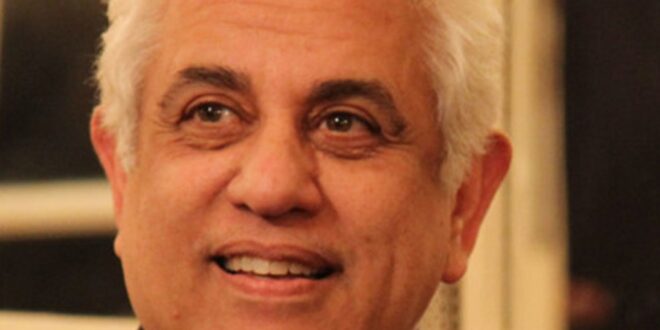Dr. Hossam Badrawi Writes: The Power of Logic and the Logic of Power
In a world dominated by the struggle between reason and self-interest, between justice and domination, the concept of the “Power of Logic” emerges as a tool of wisdom and persuasion, while the “Logic of Power” imposes itself as a reality that cannot be ignored in human and international relations. Between the two lies a complex equation that shapes the fate of individuals, societies, and nations.
The Power of Logic: When Reason Prevails
Logic is a soft power that relies on persuasion through argument and evidence, grounded in deep thought and scientific analysis. It is the force that allows philosophers, thinkers, and scientists to change the course of history—not through weapons or coercion, but through ideas that endure long after their authors are gone.
- The power of logic is the foundation of civilization. Through it, laws were developed, democracies were born, and sciences advanced.
- Through dialogue and debate, the most complex problems can be solved. History shows that ideas have changed the course of events more than armies ever did.
- In science, the universe does not submit to military might, but to the power of the mind that discovers its laws and expresses them in mathematical formulas that defy time.
But is the power of logic always enough? Can a person or a state be persuaded to abandon their interests through soft power alone? Here appears the other side of the equation: the logic of power.
The Logic of Power: When Reality Rules
In a world not governed by reason alone, but dominated by material interests and strength, the logic of power imposes itself as a tool of control and influence. Major powers do not enforce their policies through dialogue alone, but through economic and military influence; massive corporations do not dominate markets by persuasion, but through monopolies and expansion.
- The logic of power is the law of nature, where survival belongs to the strongest—whether in the jungle or in international politics.
- History is full of examples where logic alone was not enough, and power had to be used—whether to liberate peoples or to impose stability.
- Even within societies, there are those who understand only the language of force. In such cases, logic becomes ineffective unless backed by authority that ensures its enforcement.
 Dr. Hossam Badrawi Official Website
Dr. Hossam Badrawi Official Website


